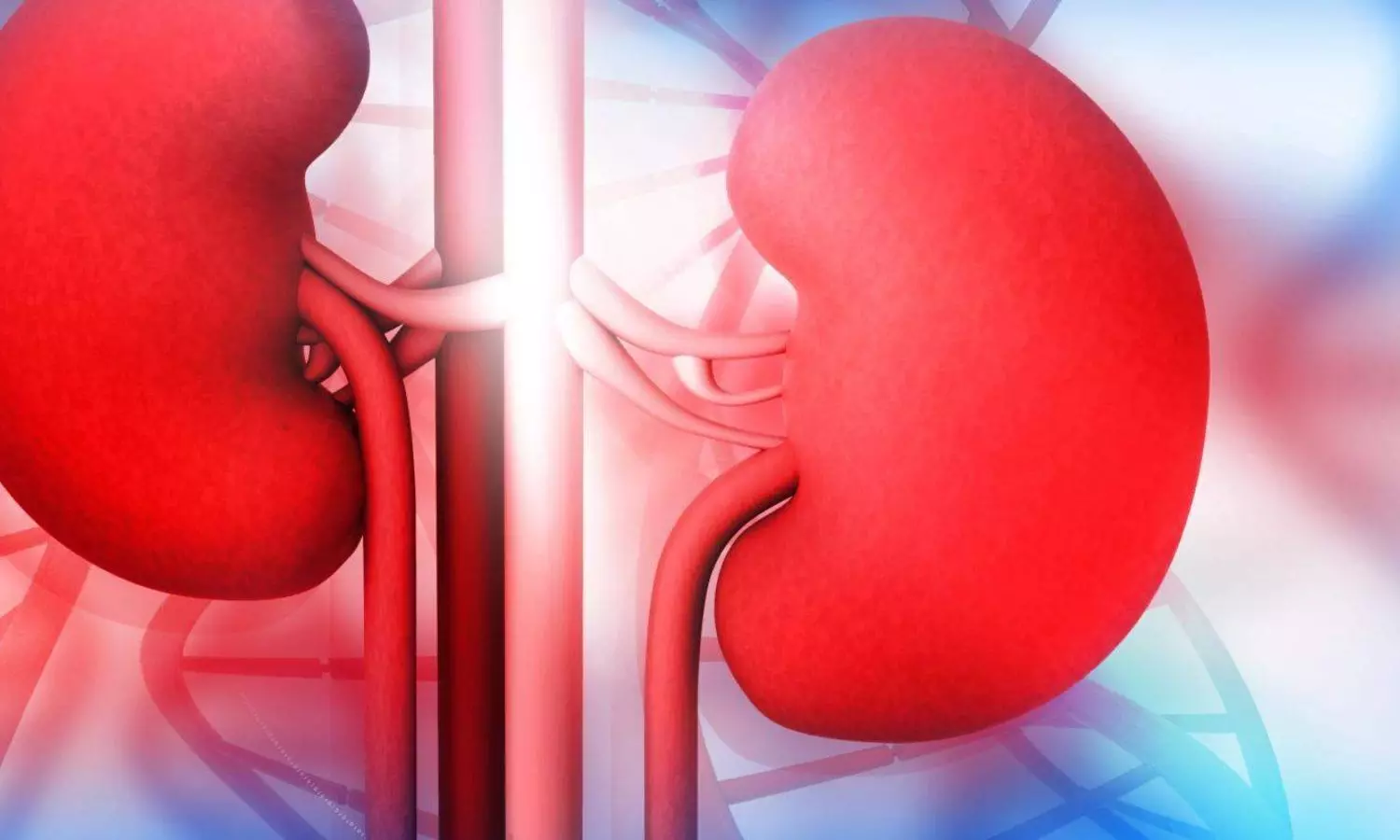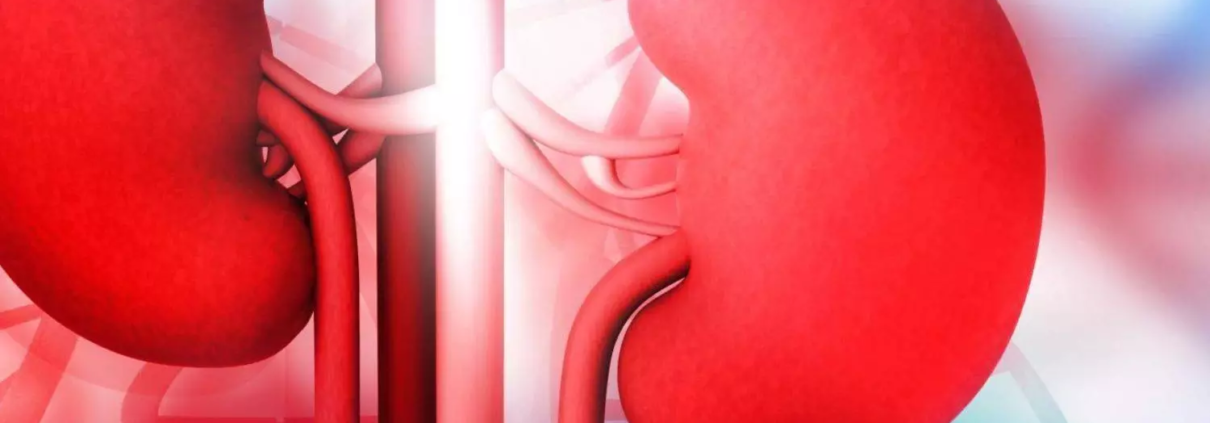Dietary Niacin intake may reduce all cause and cardiac mortality in chronic kidney disease: Study

A recent study published in the
journal Frontiers in Nutrition found that dietary intake of niacin is
associated with a reduction in all-cause and cardiac mortality in chronic
kidney disease patients.
Chronic kidney disease (CKD) is a
global health concern with increased morbidity and mortality. Reducing the
disease burden and the risk of the disease is essential to increase the quality
of life of individuals. Nutrition plays a vital role in promoting the health of
the affected individuals. Niacin (vitamin B3) is a precursor for the synthesis
of nicotinamide adenine dinucleotide phosphate (NADP) and nicotinamide adenine
dinucleotide (NAD). These are necessary for mitigating oxidative stress,
inflammation, and endothelial dysfunction. Niacin works by attenuating systemic
inflammation and lowering the risk of cardiovascular events by inhibiting the
production of pro-inflammatory cytokines.
By obtaining data from the
2003–2018 National Health and Nutrition Examination Survey (NHANES) the
researchers conducted a cohort study. The study included about 6,110 patients
with CKD who are 18 years or older. The hazard ratios for all-cause mortality
and cardiovascular disease (CVD) mortality were estimated using Weighted Cox
proportional hazards models and restricted cubic splines (RCS). Based on the
variety and the quantity of food consumed, Niacin intake was estimated using
the 24-hour dietary recall method. National Death Index (NDI) mortality data
(as of 31 December 2018) was used to determine All-cause and cardiac mortality
rates.
Findings:
- The median niacin intake was 20.89 mg/day, with
an interquartile range of 15.67–27.99 mg/day. - Over a median follow-up of 87 months, there were
1,984 all-cause deaths, including 714 CVD deaths attributed to cardiovascular
deaths. - Compared with low niacin intake, dietary intake
of 22 mg or more was associated with a multivariate-adjusted hazard ratio of
0.71 (95% CI, 0.57–0.88) for all-cause mortality and 0.75 (95% CI, 0.57, 0.98)
for CVD mortality.
The present study is the first
large-scale prospective cohort study to explore the association between dietary
niacin intake and all-cause and cardiovascular mortality in patients with CKD. The
study concluded that higher dietary niacin intake was associated with lower all-cause
mortality and cardiovascular mortality in CKD. Researchers suggested further studies
that explore the dose-response relationship between dietary nicotinate intake
and reduced all-cause and CVD mortality in CKD.
Further reading: Dietary niacin
intake and mortality among chronic kidney disease patients. Front. Nutr. Doi:10.3389/fnut.2024.1435297.





